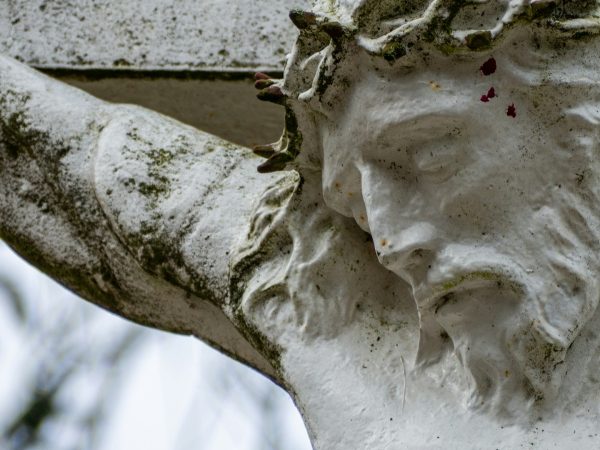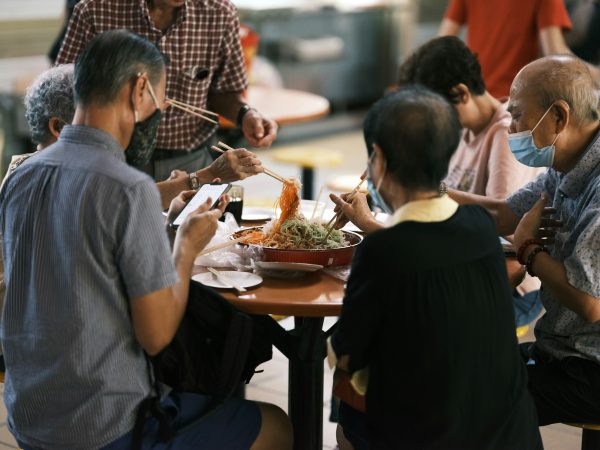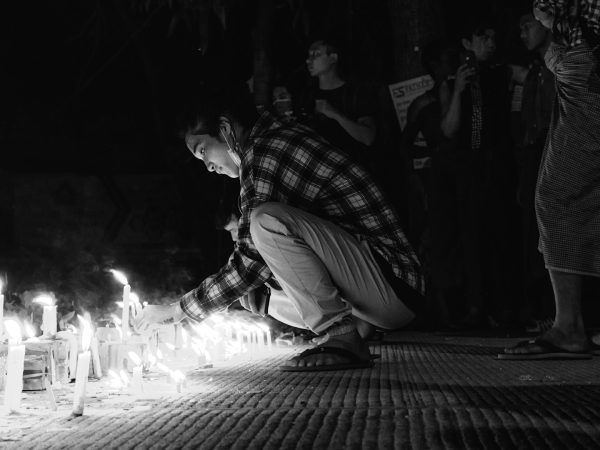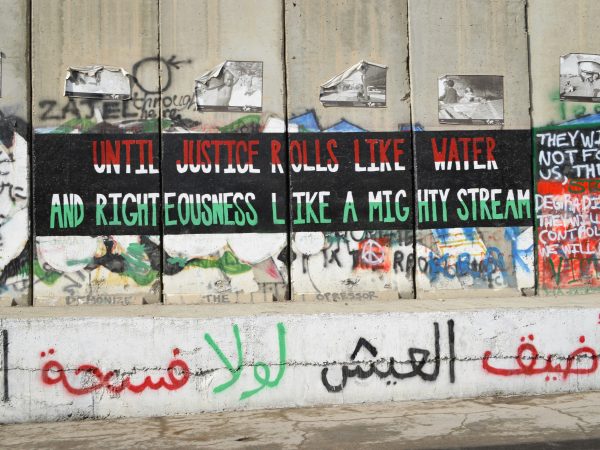
Jesus’s violent crucifixion exposes the inadequacy of Roman “justice” and raises important questions that are deeply relevant for today. For example, what aspects of our justice systems are designed—intentionally or unintentionally—to diminish human dignity and even dehumanize people?

This parable is very much about the widow being a “new and unsettling force in the complacent life” of this unrighteous judge and the structures which incentivize his brutality. To speak of the widow in terms of unsettling force is anything but a stretch in this text. In fact, I think you might be surprised at the turn that is coming.

Does being “without sin” mean never regretting anything, or getting everything right on the first try?

True hospitality is not simply about offering occasional charity or gestures of kindness but about dismantling the structures that prevent full participation in community life. It requires courage to challenge entrenched systems of exclusion and to imagine social bonds not as transactional exchanges but as expressions of shared humanity.

Trump’s “Big Beautiful Bill” proves little more than another big beautiful barn—a grandiose spectacle that obscures the damage inflicted on society’s most vulnerable communities.

The lectionary texts for this week call us to recognize and pursue a spirituality that is holistic; a spirituality that cares for the needs of the poor; a spirituality that takes the side of the needy against the powerful; a spirituality that entails a revolution of the heart; and a spirituality that takes the question of neighbourliness seriously. Such a spirituality would put us on the path of revolutionary neighbourliness.

While deeply engaged with the concerns of everyday life such as healing, feeding, and engaging people in matters of justice and community, Jesus offers an alternative vision: one shaped by self-giving love and radical faithfulness to God’s kingdom, rather than by the structures and strategies of empire.




